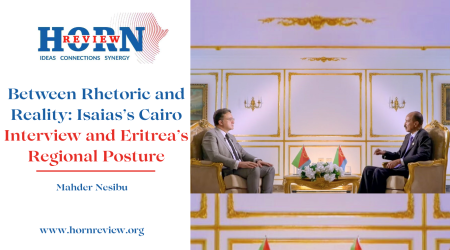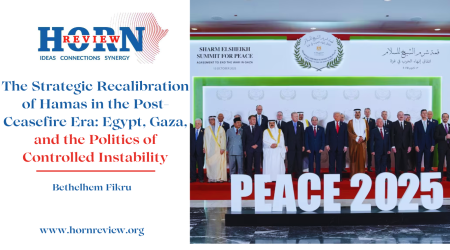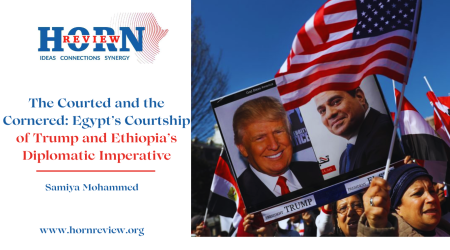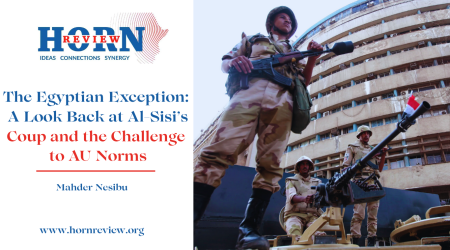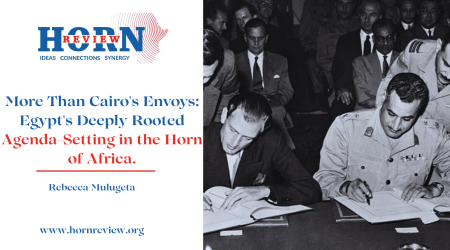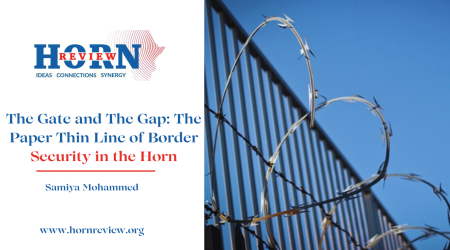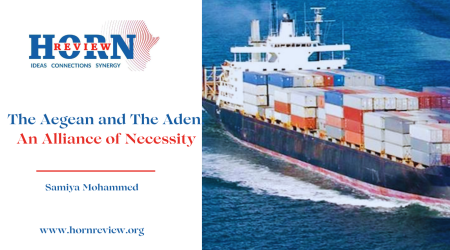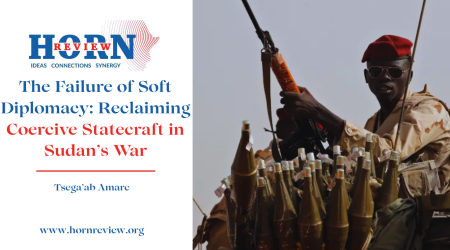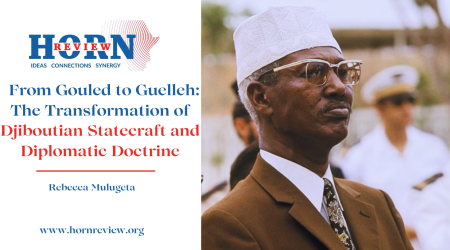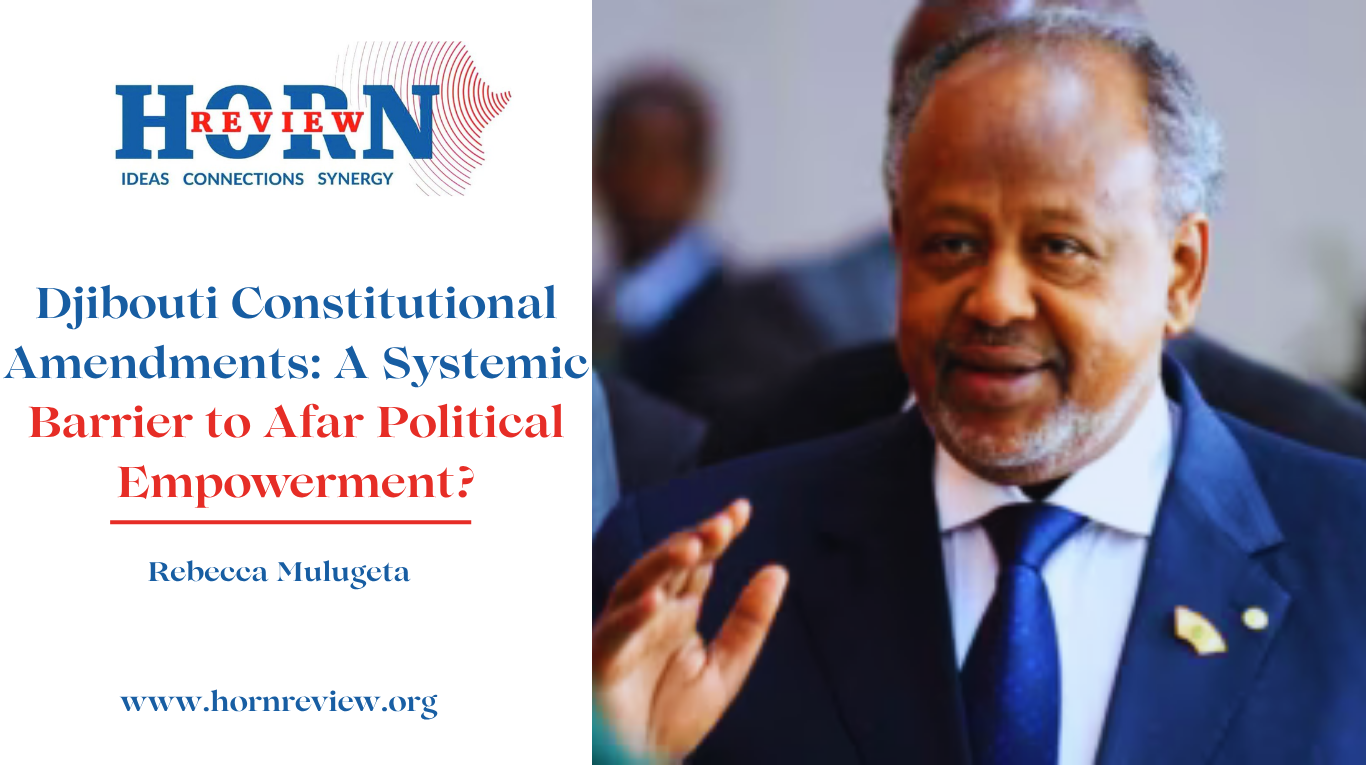
5
Nov
Djibouti Constitutional Amendments: A Systemic Barrier to Afar Political Empowerment?
Djibouti, so long the retreat of tranquility for the war-weary and turbulent Horn of Africa, has become a point of potential political storm with the ability to reshape the entire Red Sea corridor. Abolition of the presidential age limit by a new constitutional amendment is not merely a legal change; it is a revolution that can remake decades-old ethnic power arrangements.
Political power in Djibouti has been firmly in the hands of the Issa elite for more than four decades, whose ascendance has quietly built the country’s stability but also relegated the vast Afar population to economic marginalization and political silence. constitution that djibouti in use before the president amendment gives the potential door open for an Afar presidency, the question ignites a fierce debate: Could this coming election spark a new arena of inclusive governance or unlock dormant ethnic tensions threatening to unravel Djibouti’s fragile peace? And for landlocked giant Ethiopia, relying on Djibouti ports, what do these developments bode for its strategic pursuit of dominance over the Red Sea gateway?
Afar groups have for a long time held power in the politics of Djibouti before independence of Djibouti from French protectorate, Imagine Djibouti where the Afar, for so long were on the periphery of political power, rose to lead the nation if the constitution not changed by the president. For Ethiopia, especially its Afar regional state with notoriously permeable borders with Djibouti, this scenario is a tease of enhanced proximity that holds the promise to redefine trade, security, and regional cooperation. Could such an Afar presidency finally cement Ethiopia’s access to the maritime lifelines it so desperately needs? Could this lead to a flourishing corridor of Afar-led stability and shared development stretching across Djibouti, Ethiopia, Eritrea, and Somalia?
The recent constitutional amendment, which eliminated the presidential age limit, has cleared the path for a potential, and historic, power transfer to an Afar presidency as the powerful candidate for the presidency was from afar. This moment of anticipated change, however, is deeply shadowed by recent history. The time of the February 2022 coup scare, which saw the military and police chiefs placed under house arrest amid suspicions of an anti-Guelleh plot, serve as a stark reminder of the volatile tensions simmering within the ruling elite. Following a heavily boycotted election and punctuated by an anti-corruption sweep, this event reflected a profound political fragility. The critical question now looms: as the nation potentially braces for a shift in ethnic political dominance, will this looming power transition reignite the very military-instigated turmoil that was narrowly averted, challenging Djibouti’s fragile peace?
However, the putsch attempt and the military’s role in standing by rather than intervening signals cracks in this stability. Given that the military remains a key power broker in Djibouti, any fragmentation or politicization along ethnic lines now strengthened by the prospect of historic Afar ascendancy could create fertile ground for further unrest. The Afar’s prospective rise challenges decades of entrenched Issa military and political dominance. With the military historically aligned or influenced by the ruling elite, shifts in leaders trigger resistance from elements fearful of losing privileged status or seeking to assert control.
The attempt shows the potential tension of such transitions, especially in states where military institutions serve as both guardians of order and arbiters of political power. This fragmentation makes it plausible that similar coup attempts or broader military interventions could recur if political disputes intensify or if the military’s force fractures amid competing ethnic loyalties.
What if the afar base party leader wins the presidency? Moreover, the transnational nature of Afar raises the stakes. If the “Greater Afar” ideological movement gains momentum, calling for integration of Afar communities across Ethiopia, Eritrea, and Djibouti, the military could become a key player in either suppressing or enabling such ethno-political aspirations. External influences, including foreign military bases stationed in Djibouti, add complexity by potentially aligning with different factions to protect their strategic interests, which could exacerbate internal divisions.
An Afar-led government in Djibouti could reinforce transnational ethnic ties with Ethiopia’s large Afar population, especially in Ethiopia’s Afar Regional State, creating new opportunities for cross-border cooperation on trade, security, and infrastructure. This could strengthen Ethiopia’s much-needed access to the Red Sea, further supporting its economic growth and geopolitical ambitions as a landlocked country striving for maritime presence. Politically, an Afar administration in Djibouti could catalyze the revival of the “Greater Afar” ideology, which envisions uniting Afar communities across Djibouti, Ethiopia, and Eritrea under a shared political and cultural identity that risks inflaming ethnic nationalism.
For Ethiopia, this means navigating a delicate balancing act: promoting Afar unity for regional stability and economic benefit while managing the internal complexities of ethnic federalism and avoiding exacerbation of internal ethnic tensions. The potential future emergence of a politically entrenched Afar leadership in Djibouti might inspire Afar groups in Eritrea, where they have historically been marginalized, to seek greater autonomy or political rights, potentially complicating Eritrean-Ethiopian relations and regional security. Ethiopia may face pressure to support or engage with these movements, altering the geopolitical dynamics in the Horn of Africa.
However, it is essential to weigh this risk against countervailing factors. Djibouti’s strategic role as a hub for international military forces generates strong international incentives for stability. Foreign powers, deeply invested in the security of maritime lanes and regional order, likely exert pressure on Djibouti’s military and government to contain dissent or coups. The Afghan-Iraqi precedent of international stabilization efforts may influence how such a scenario unfolds, possibly limiting the military’s appetite for overt insurrection.
What will it say about the upcoming election that is planned to be held in 2026. The upcoming election is poised to be carefully orchestrated, with the authorities implementing tight controls to limit opposition activity. This will likely involve a combination of legal restrictions and logistical challenges designed to curb the ability of rival parties or candidates to effectively participate. Moreover, there could be active suppression of dissenting opinions and critical voices, all framed as necessary measures to safeguard stability and avoid any unexpected or disruptive outcomes that might undermine the ruling establishment.To maintain a veneer of inclusivity and legitimacy, the government is expected to employ symbolic gestures, such as ensuring representation of minority groups or balancing clan interests particularly with key internal actors like the Issa and Afar communities.
These small-scale reforms are intended to placate influential elites within the country and to reassure international observers or partners who emphasize the importance of legitimacy and political pluralism.However, these gestures should be viewed largely as superficial, lacking the substance to produce meaningful change in the power structure. Real systemic shifts such as redistributions of political influence, institutional reforms, or expanded democratic participation are unlikely. Instead, the government’s actions seem designed primarily to manage perceptions both domestically and abroad while maintaining tight central control and preventing any challenges that could threaten the existing hierarchy.
while the planned coup attempt and military standby reveal a latent capacity for unrest, the likelihood of recurrent military interventions will hinge on several variables: the military’s internal unity, the handling of ethnic power transitions, the political inclusivity of the emerging Afar leadership, and the balancing act performed by international stakeholders. Djibouti’s political future, especially amid this critical redistribution of ethnic power, requires vigilant engagement to preempt military fragmentation and preserve the fragile peace underpinning the Horn’s most stable state.
By Rebecca Mulugeta, Researcher, Horn Review

